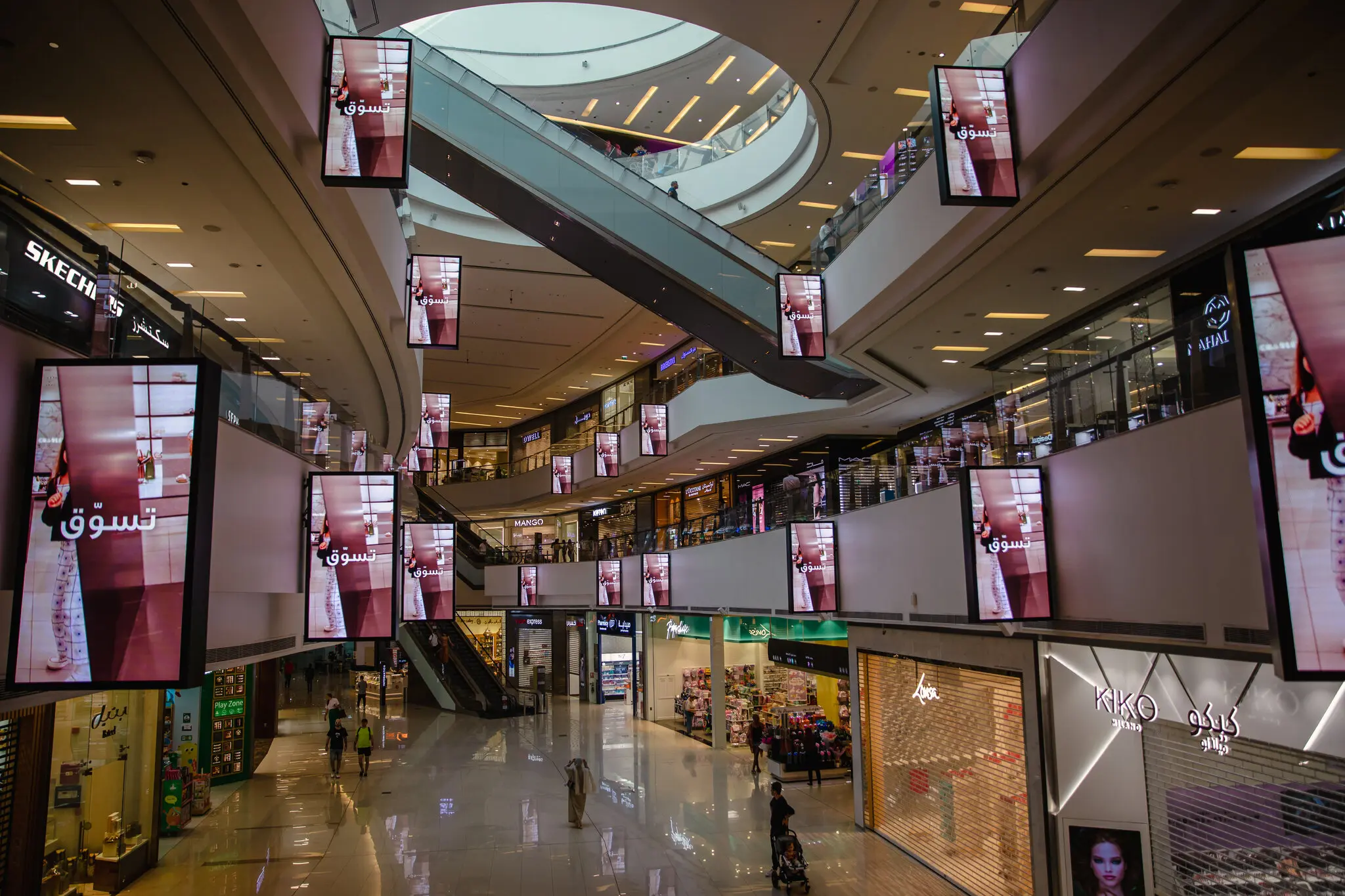On an artificial island on the edge of the Persian Gulf, Dima Tutkov feels safe.
There are none of the anti-Russian attitudes that he hears about in Europe. He has noticed no potholes or homelessness, unlike what he saw in Los Angeles. And even as his ad agency turns big profits back in Russia, he does not have to worry about being drafted to fight in Ukraine.
“Dubai is much more free — in every way,” he said, sporting an intricately torn designer T-shirt at a cafe he just opened in the city, where his children are now in a British school. “We are independent of Russia,” he said. “This is very important.”A year into a historic onslaught of economic sanctions against Russia over its invasion of Ukraine, Russia’s rich are still rich. And in Dubai, the United Arab Emirates’ biggest city, they have found their wartime harbor.Among the city’s waterfront walkways, palatial shopping malls and suburban cul-de-sacs, Russian is becoming a lingua franca. Oligarchs mingle in exclusive resorts. Restaurateurs from Moscow and St. Petersburg race to open there. Entrepreneurs like Mr. Tutkov are running their Russian businesses from Dubai, and opening up new ones.
Dubai’s new Russian diaspora spans a spectrum that includes multibillionaires who have been punished with sanctions and middle-class tech workers who fled President Vladimir V. Putin’s draft. But to some extent, they share the same reasons for being in the Emirates: It has maintained direct flights to Russia, staked out neutral ground on the war in Ukraine, and, they say, displays none of the hostility toward Russians that they perceive in Europe.
Why do business somewhere that they’re not friendly to you?” says Tamara Bigaeva, who recently opened a two-story outpost of a Russian beauty clinic that is already welcoming longtime clients. “In Europe, they clearly don’t want to see us.”
Indeed, a major draw of Dubai is that it is apolitical, according to interviews with Russians who have settled there. Unlike in Western Europe, there are no Ukrainian flags displayed in public and no rallies of solidarity. The war itself feels far away. Anyone in Dubai harboring anti-Russian sentiments would most likely keep them to themselves, anyway; protests in the Emirates’ authoritarian monarchy are effectively illegal, and freedom of assembly is severely limited.
The presence of wealthy Russians in Dubai at a time when they have been largely cut off from the West shows how Mr. Putin has been able to maintain the social contract that is key to his domestic support: In exchange for loyalty, those close to power can amass enormous riches.
In fact, one political scientist, Ekaterina Schulmann, said Mr. Putin has been signaling to businessmen that he is prepared to remove still more obstacles to enrichment. A recent law, for example, frees lawmakers from having to make public their income and property.
“Yes, we’ve cut you off from the First World, but things won’t get any worse for you,” Ms. Schulmann said, describing how she sees Mr. Putin’s revised contract with the elite. “First of all, there are many other countries that are friendly to us. Second, you’ll have plenty of opportunities to get even richer, and we will no longer prosecute you for corruption.”
Russian government statistics show that Russians took 1.2 million trips to the Emirates in 2022, compared with one million in the pre-pandemic year of 2019. Many of those visitors put down roots: Russians were the leading nonresident buyers of Dubai real estate in 2022 by nationality, according to Betterhomes, a Dubai brokerage.
First, there are the tycoons. Andrey Melnichenko, a Russian coal and fertilizer billionaire, moved to the United Arab Emirates last year after sanctions forced him to leave his longtime home in Switzerland. Last month, in the hushed lobby of an exclusive resort, another penalized Russian businessman said he was in town for a birthday party.
Russian officials and their families also visit, though they try to avoid calling attention to their presence, and for good reason: In the northwest Russian region of Vologda, the pro-Kremlin United Russia party expelled two local lawmakers after social media posts placed them in Dubai. One of them, Russian journalists studying their posts reported, was vacationing there with Ksenia Shoigu, the daughter of the Russian defense minister.
The elite cross paths at Angel Cakes, an Instagram-friendly cafe that Mr. Tutkov, the advertising entrepreneur, opened on an artificial island called Bluewaters in the shadow of the world’s tallest Ferris wheel. One frequent guest of the cafe, the former president of a major Russian company, quipped, “Dubai is becoming a part of Russia outside Russia.”

